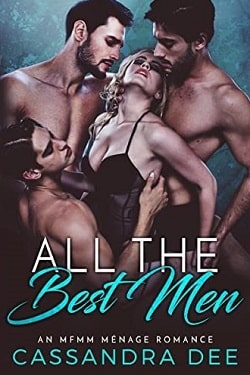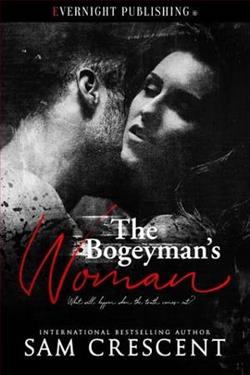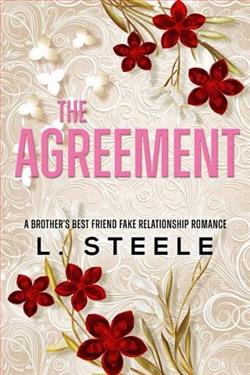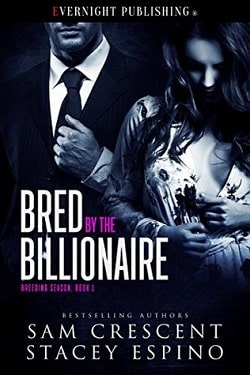Page 26 of The Bone Season
‘Magdalen will provide you with two meals a day if you work hard. For now, use this.’ She handed me a small drawstring pouch. ‘The harlies always want numa. You can often exchange these for bread and broth in the Rookery, the shanty town on the Broad.’
I shook my head, lost. ‘Harlies?’
‘The performers.’
I undid the pouch. It rattled with rodent bones and needles, as well as a cheap ring.
These numa were brittle. They would break or degrade. A cruel and clever way to keep the soothsayers in line – perhaps some of the augurs, too. Things like bones and tea leaves must be hard to find.
‘Right.’ I tucked them away. ‘Is there a bathroom for humans around here?’
Now, there was a question I had never imagined asking.
‘Oh, yes. The nearest is just east of the cloister, adjoining the tool shed. I’d wait until morning, if you can. It isn’t heated,’ she said. ‘The day bell rings at sunrise. Don’t be late.’
‘Fine. Thanks for your help.’
‘You’re welcome. Have a wonderful night.’
Well, somebody was brainwashed. I hefted the main door open and left.
A thick fog had descended. It was cold as midwinter here. As I turned up my collar, I wondered what I had got myself into with Warden. His name was said like a prayer, like a promise.
You’re very lucky to be training with him.
I would look into it later. For now, I would get some food and find Seb.
There seemed to be no electricity in this city. To my left was a stone bridge, lit by gas lamps on both sides. A line of red-jackets blocked that way to the outside world. When I got too close, they pointed their rifles at me. With their sights trained on my back, I set off to find the Rookery.
According to the map, the Rookery was a short way north. I retraced the steps I had taken with Warden, back along Magdalen Walk.
The next path lay as quiet as the first, leading me to a square I recognised. I passed the Residence of the Suzerain, fighting off a chill.
Several large buildings emerged from the fog. One of them had pillars and a decorated pediment, like the Grand Museum in Bloomsbury. I skirted around its edge, on to the Broad.
The sound of human life strained through the night. I recognised this place. Rickety stalls ran down the street, skeletal and gloomy, hung with dirty lanterns. On either side of these were rows of rudimentary huts, shacks and tents, made of ridged metal and plastic – a shanty town in the middle of a city.
And there was the siren, right by the settlement. An old giant with a rotor and a gaping horn, nothing like the sleek models in London.
The smell of roasting meat drew me into a shack. My stomach was tight with hunger. Plywood tunnels linked the dwellings, patched with scrap metal and cloth. They had few windows; instead they were lit by paraffin lamps and the reddish glow from the cookfires outside, which leaked in through innumerable cracks.
The people here wore threadbare clothes. None of them looked healthy. These must be the performers, who had failed their tests and been condemned here, probably for both life and afterlife. Most were soothsayers or augurs, from the most common orders of clairvoyance. A few glanced my way, but quickly moved on.
The source of the smell was a large square room, a smoke hole cut into its roof. I stood to one side, trying not to draw attention to myself.
The meat was being served in thin slices, pink and tender in the middle. The performers shared plates of vegetables and spooned gravy from silver tureens. They were hunched over the food, stuffing it into their mouths, licking the hot juices from their fingers.
Before I could ask, a tall voyant pressed a plate into my hands. He was in his thirties, dressed in little more than rags, with a tangle of brown hair. His thick glasses were scratched all over.
‘Is Mayfield still in the Archon?’
I raised an eyebrow. ‘What?’
‘Mayfield,’ he repeated, impatient. ‘Is he still Grand Inquisitor?’
‘Mayfield died a few years ago.’
‘Who is it now?’















